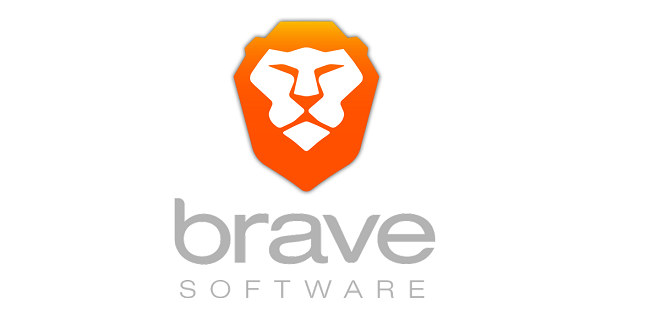Earlier this year, Brendan Eich announced the launch of a new ad-replacing browser called Brave. Eich believes that at least some people who use ad-blockers would tolerate ads if they were less intrusive, less bloated, and didn't spread viruses. A core feature of Brave is an ad-replacement scheme that removes bloated and dangerous ads and puts better ads in their place. However, it's exactly this ad-replacement feature that is now getting Brave into trouble. A group of 17 newspapers has sent a cease-and-desist letter to Eich, regarding Brave's ad-replacement. The list of companies includes some big names, including the publishers of the New York Times and the Wall Street Journal.
The letter states that Brave's replacement of the publisher's ads with its own is indistinguishable from stealing and republishing content. The letter also explicitly rejects Brave's plan to pay publisher's a portion of the revenue from the replaced ads. It states that such an arrangement, "cannot begin to compensate us for the loss of our ability to fund our work by displaying our own advertising."
The final paragraph spells out the three claims being made against Brave. The first is copyright infringement. The letter states that the ad-replacement violates the copyright act, and the publishers reserve the right to seek statutory damages up $150,000 per work. Brave is also accused of Trademark violations, for using the distinctive marks of the newspapers in order to sell its own advertisements. Finally, Brave is accused of breach of contract, because ad-replacement violates the terms of use that the publishers set for anyone using their websites.
Brave responded to the newspapers in a lengthy reply sent to Computerworld. The company argues that it is not liable because it does not actually republish content as the newspapers claim. The statement reads, "Browsers can block, rearrange, mash-up and otherwise make use of any content from any source. If it were the case that Brave's browsers perform 'republication,' then so too does Safari's Reader mode, and the same goes for any ad-blocker-equipped browser, or the Links text-only browser, or screen readers for the visually impaired. We sympathize with publishers concerned about the damage that pure ad blockers do to their ability to pay their bills via advertising revenue. However, this problem long pre-dates Brave."
Brave also claims that this is the beginning of a war on ad-blockers. "Make no mistake: this NAA letter is the first shot in a war on all ad-blockers, not just on Brave," the company stated, "We will fight alongside all citizens of the Internet who deserve and demand a better deal than they are getting from today's increasingly abusive approach to web advertising." However, this statement flies in the face of evidence that there has already been a war on ad-blocking for some time. Several sites already block users from reading their articles if an ad-blocker is detected. There have also been numerous lawsuits against Adblock Plus in Germany.
Is Brave breaking the law by replacing ads with its own? Leave your comments below.







